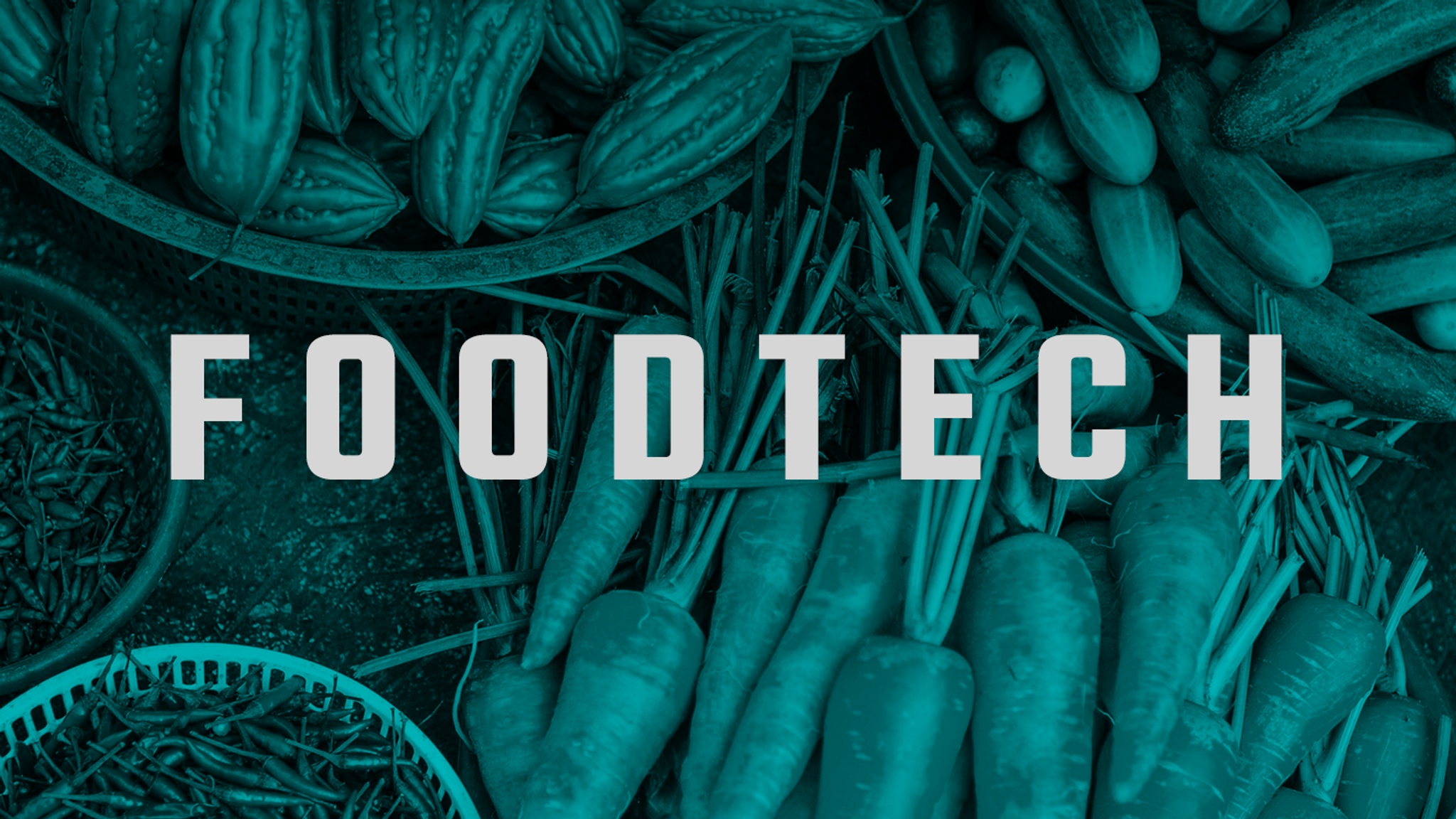Food Innovation Across the World and in Space
Anna Barlow
Published on

Over the past few weeks we have watched Australia’s major supermarkets struggle to keep stock on shelf. Supply chains are interrupted by workers in isolation or testing positive to COVID. Alarmist headlines predicting major food supply shortages and pictures of empty shelves are all over socials. If you shop in the majors for your produce, the range of options available to you has certainly been reduced.
At my local fresh food market, which sits neatly between a fishmonger, butcher and a deli, it's a completely different story. The market’s shelves are full of local seasonal produce, the fishmonger has fresh Tasmanian oysters, freshly caught fish and the butcher seems to have everything that the supermarket doesn’t. Even the deli has full supplies of its imported meats, cheeses and condiments. What is going on?
It’s really quite simple, markets purchase differently. They don’t have the same supply agreements the majors have. They can, and do purchase directly from farms, who supply direct-to-store, or via wholesale markets. The food shortage in supermarkets is not a food shortage per se, but more a distribution challenge; meaning the food can’t get from where its grown, to where people want to buy it.
So what’s the solution? My late grandfather would tell you that the solution is simple: just grow it yourself. Easy to say when you are a green-fingered type living on a quarter-acre block in rural NZ. But what if you live in a central Melbourne apartment?
That's where innovation comes in - as the climate grows in uncertainty, and the demand for food sharpens with the growing population - how can we adapt to face these challenges and feed the planet?
Over the last 8 weeks the scouting team at SBC have been working through a list of over 18000 international startups as we seek applicants for our 2022 FoodTech Tasmania program. In this bunch we have seen a range of new food innovations aiming to find climate-friendly ways to feed the planet.
Some have vertical farming solutions for inner city apartments, enabling consumers to grow their own fresh food right where they live. Others are commercial farming solutions that are AI enabled, highly water and energy efficient and take advantage of the latest in plant breeding technology. This area of food innovation is certainly one of the hottest right now, with many customers seeking these kinds of solutions and investors looking to plant their seed in this thriving space.
There are many food startups that are looking to solve some of the biggest food challenges faced by our planet, but there are others who are solving problems on different planets (or to help feed people on the journey to get).
In 2021 NASA launched the Deep Space Food Challenge. The main motivation for launching this program is to find food technologies to enable long-duration human exploration missions.
They’re looking for production technologies or systems that require minimal resources, produce minimal waste whilst providing safe, nutritious, and tasty food for long missions - on foreign planets that is! They’ve categorised the challenge entries into three categories: Plant Growth, Bio-culture or Manufactured Foods. While their main focus is to find food production technologies that can support astronauts, their challenge themes span a wide breadth of solutions that could also be used to feed people on Earth.
For example, the winners of the first phase of the Challenge were announced, including a team from Melbourne Gaia Project Australia with their entry “Enigma of the Cosmos”. International teams are not eligible for monetary prizes, however the Melbourne team were awarded a special Innovation Award winning a monetary prize of $25,000. Their proposed solution: “RejigGrow, a new outlook for urban fresh food cultivation” can grow 600-750g of leafy / microgreens per day, all within a footprint of 2 cubic metres. The coolest part: the growing unit “rejigs” itself as the plants grow.
It’s pretty incredible that food innovation holds the key to solving so many problems here on Earth and possibly unlocking a future somewhere completely foreign.
Not too unlike NASA, we at Startupbootcamp (SBC) are excited to announce its FoodTechTasmania Accelerator program is also looking to solve food-related problems, a bit closer to home. With an over-arching theme of Circular Economy, our three supporting themes of Fermentation, Functional Foods & Ingredients and Food, Aqua & AgriTech our program is seeking internationally focussed startups to join us in Launceston, UNESCO City of Gastronomy later this year.
So if you are a startup working in this sector, looking to expand your network, work with leading food companies, get funding and be part of a community of entrepreneurs dedicated to creating positive change in the world. Apply here or reach out to Anna if you have any questions.
Bringing it back to the question we posed earlier- how can we adapt to face these challenges and feed the planet? Actually we don’t have all the answers but we’re sure our FI22 cohort will have some ideas.
